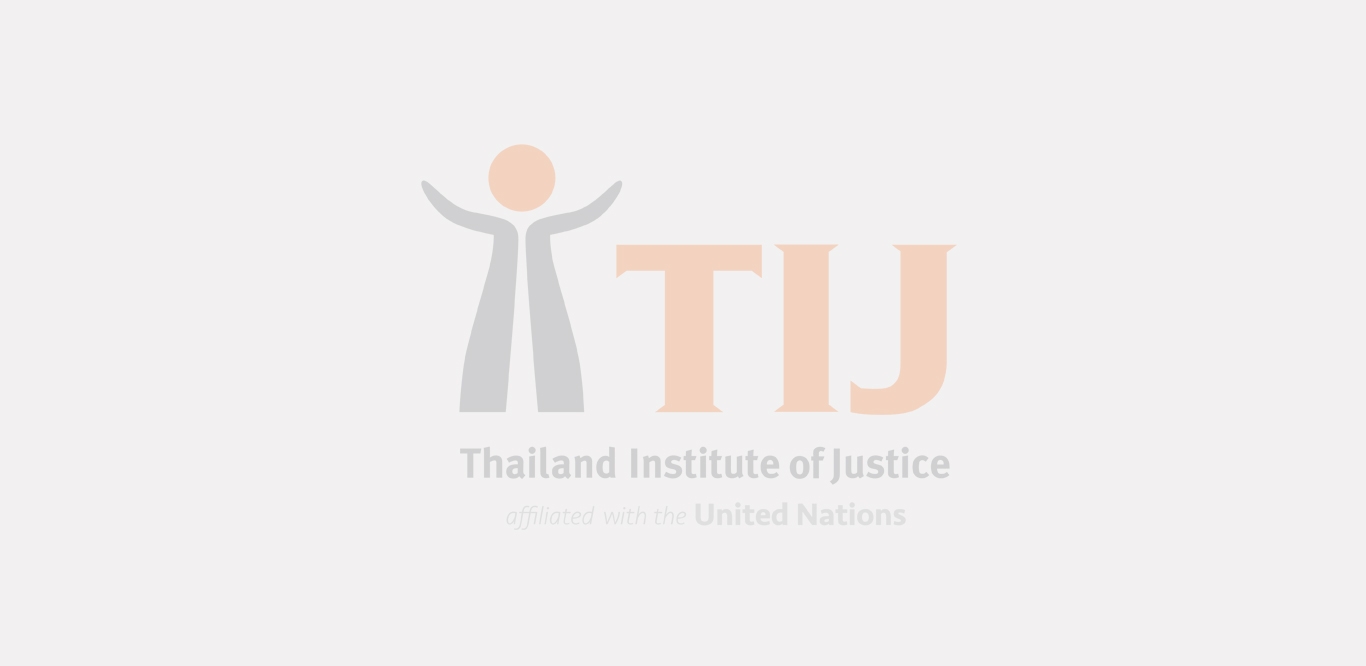On 16 October 2013 the Thailand Institute of Justice (TIJ) co-hosted a Panel Discussion called “Human rights of women in prison: A Toolbox to implement the UN Bangkok Rules” at the United Nations Headquarters in New York. The purpose of the event was to launch a Toolbox, which can support United Nations Member States in the implementation of the Bangkok Rules. The event was well attended by representatives of Member States, UN Agencies, NGOs and civil society.
The Permanent Mission of Thailand and Penal Reform International (PRI) co-sponsored the event, resulting in an impressive list of speakers and participants, most notably, Her Royal Highness Princess Bajrakitiyabha Mahidol. The panel, which was moderated by His Excellency Mr. Norachit Sinhaseni (Ambassador and Permanent Representative of Thailand to the United Nations in New York) consisted of Ambassador Adisak Panupong (Executive Director, Thailand Institute of Justice), Mari Amos (Member of the UN Subcommittee on the Prevention of Torture and other Cruel, Inhuman or Degrading Treatment or Punishment), Andrea Huber (Penal Reform International), Frank Elbers (Director, Human Rights Education Associates), and Simone Monasebian (United Nations Office on Drugs and Crime).
The Bangkok Rules are the first international rules to highlight the gender-specific needs of women prisoners. Following their adoption by the General Assembly in 2010, the international community is now faced with the challenge of putting them into practice. They should be incorporated into domestic legislation, sentencing policies and prison rules and regulations.
The Toolbox has thus been developed to support Member States in this task.
The Toolbox contains:
- A Guidance Document and Index of Implementation - published jointly by PRI and the TIJ;
- An e-course “Women in detention: Putting the UN Bangkok Rules into Practice”, co-developed by PRI and Human Rights Education Associates (HREA).
Mr Elbers explained the e-course: a self-paced training tool that combines readings, case studies, multimedia, self- assessments and a final assessment to help foster better understanding of the Bangkok Rules.
Ms Amos drew on her practical experience to explain the key problems faced by women in prisons today. She demonstrated how the needs of women are the same around the globe, and that the implementation of the Bangkok Rules is necessary in every country and every criminal justice system. The panel discussion demonstrated how the needs of women prisoners tend to be overlooked, and highlighted the need for gender-sensitive criminal justice systems.
Guidance Document: http://www.penalreform.org/resource/bangkok-rules-guidance-document-index-implementation/
E-course: http://www.penalreform.org/resource/women-detention-putting-bangkok-rules-practice/
http://penalreform-elearning.org/
Webcast of the event: http://webtv.un.org/meetings-events/watch/human-rights-of-women-in-prison-a-toolbox-to-implement-the-un-bangkok-rules-panel-discussion/2748539223001
Report on the panel discussion of South-South News: http://vimeo.com/77225583
For further information please contact melanie.o@tijthailand.org.



